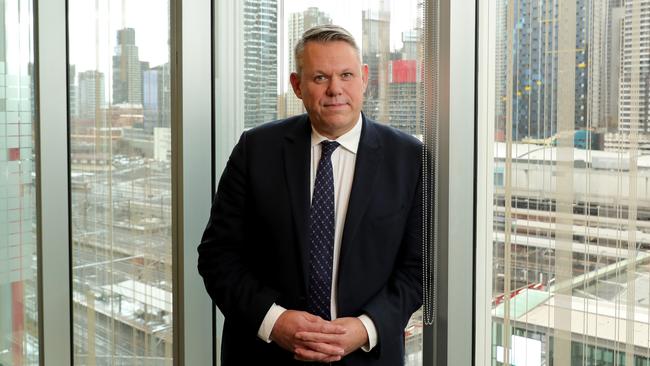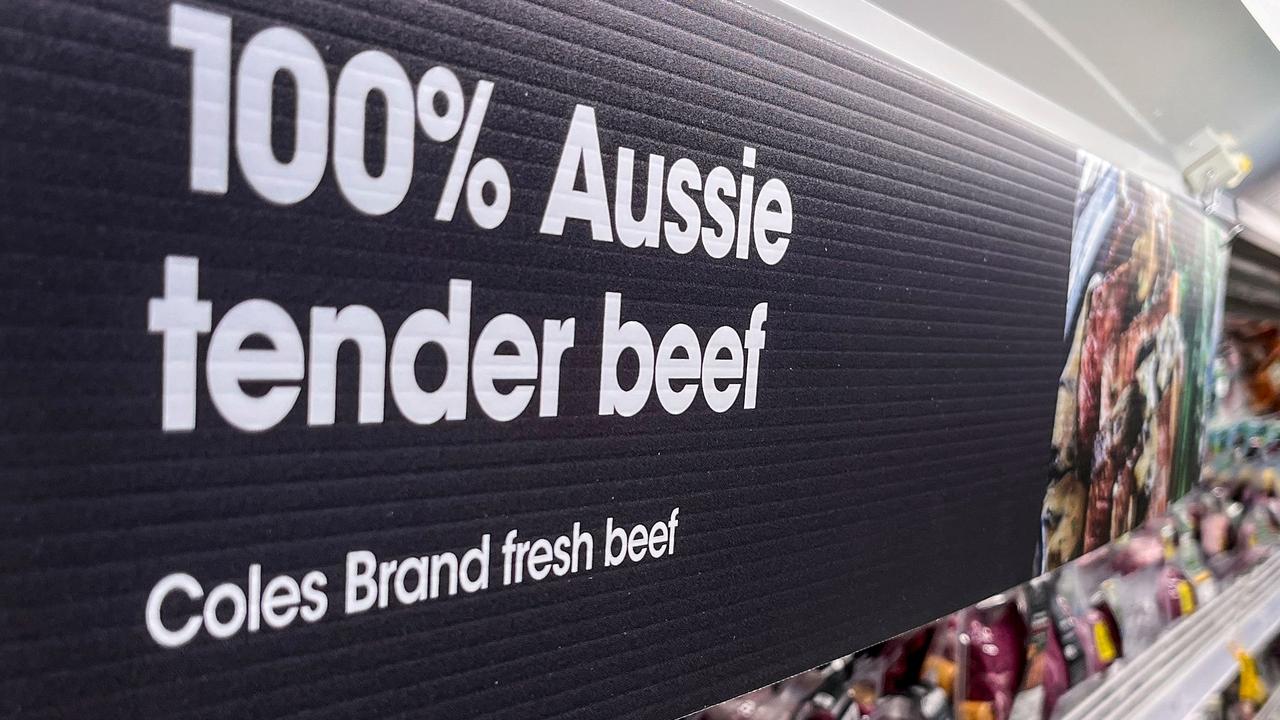Why financial advice compo scheme won’t help everyone
The much anticipated compensation scheme for investors who lost money to failed financial advisers leaves a lot to be desired and could fail the ones who need it the most.

If you have been let down by a financial adviser, stockbroker, mortgage broker or insurance broker, the $243m industry-funded Compensation Scheme of Last Resort that begins in April may be of interest.
However, the detail is in the fine print and, although it will be beneficial to some, the CSLR will not be accessible to many of those who need it the most.
The scope of the long-awaited CSLR is quite broad and in addition to complaints against finance and insurance professionals, it covers financial firms that issue credit cards, personal loans, home loans, margin loans and reverse mortgages.
Unfortunately, accessing a compensation payment from the CSLR is not a straightforward task. Rather than replace the current financial complaints process, the CSLR has been bolted on at the end, and as the name suggests is a last resort if all else fails.
The typical pathway for an aggrieved customer is first to make a complaint with the company providing the product or service and enter into their internal dispute resolution process. If that fails to achieve a satisfactory outcome, the next step is to go to the Australian Financial Complaints Authority, and if successful the financial firm will be required to make good on the compensation payment.
However, if the compensation payment cannot be made due to the company closing or going into administration, then this is where the CSLR will step in and provide up to $150,000 per consumer on their unpaid AFCA determination.
Sounds great, but there are several weak points in this set-up, with the main one being a limitation on who is eligible to have a complaint dealt with by AFCA.
If the finance company, broker, bank or insurance company offering you the product or service is not a member of AFCA, which is led by chief executive David Locke, it simply cannot consider your complaint, and thus will never get to the stage of the CSLR funding a settlement payment.
It is a core licence condition of all Australian Financial Services Licensees and Australian Credit Licensees to be a member of an external dispute resolution scheme such as AFCA. However, this does not rule out a failed firm never having joined up in the first place.
Although ASIC will cancel the financial and credit licence of companies that operate without being a member of an external dispute resolution scheme, it may take some time for that company to show up on the radar of the regulator, and lots of damage can be done in the meantime.
Further, in the case of unlicensed or fraudulent investment schemes – the source of so much trouble in the past – they are the very operators that are unlikely to be AFCA members.
Another group of people who can be left in the dark are wholesale clients, or so-called sophisticated investors. There are five different eligibility tests to be deemed a wholesale client but the one that is commonly used is the individual wealth test: does the investor have net assets of at least $2.5m, or have they had gross income of at least $250,000 for the last two financial years.
If a product or service is offered under wholesale investor conditions, AFCA says it is at its discretion as to whether it excludes the complaint from the wholesale client.
Also, if you pursue the complaint via the court or another dispute resolution tribunal, AFCA has the ability to reject your request to lodge a subsequent claim with it.
Over the past 10 years we have seen some brazen scams, ranging from fake unlicensed financial planners to Ponzi scheme investments. And in many of these cases, the victims have been unable to seek compensation via AFCA because the scammers were not AFCA members and/or the victims were misled into signing up as wholesale investors, which significantly reduces their ability to complain.
That said, there is no doubt that the CSLR will make a big difference to people who have lost substantial amounts of money, such as those involved with the now defunct Dixon Advisory, and in fact ASIC encouraged Dixon Advisory clients to make a complaint to be eligible for the future CSLR scheme.
But unfortunately there will also be a group of people who will not meet the criteria to make an AFCA claim, and as such will not be able to claim up to $150,000 under the CSLR. In addition, given that the funding of the CSLR is industry-based, we may see a flow-on effect where the price of advisory services, insurance and lending products rise to recoup the costs of the annual CSLR levy.
James Gerrard is principal and director of Sydney planning firm www.financialadvisor.com.au







To join the conversation, please log in. Don't have an account? Register
Join the conversation, you are commenting as Logout